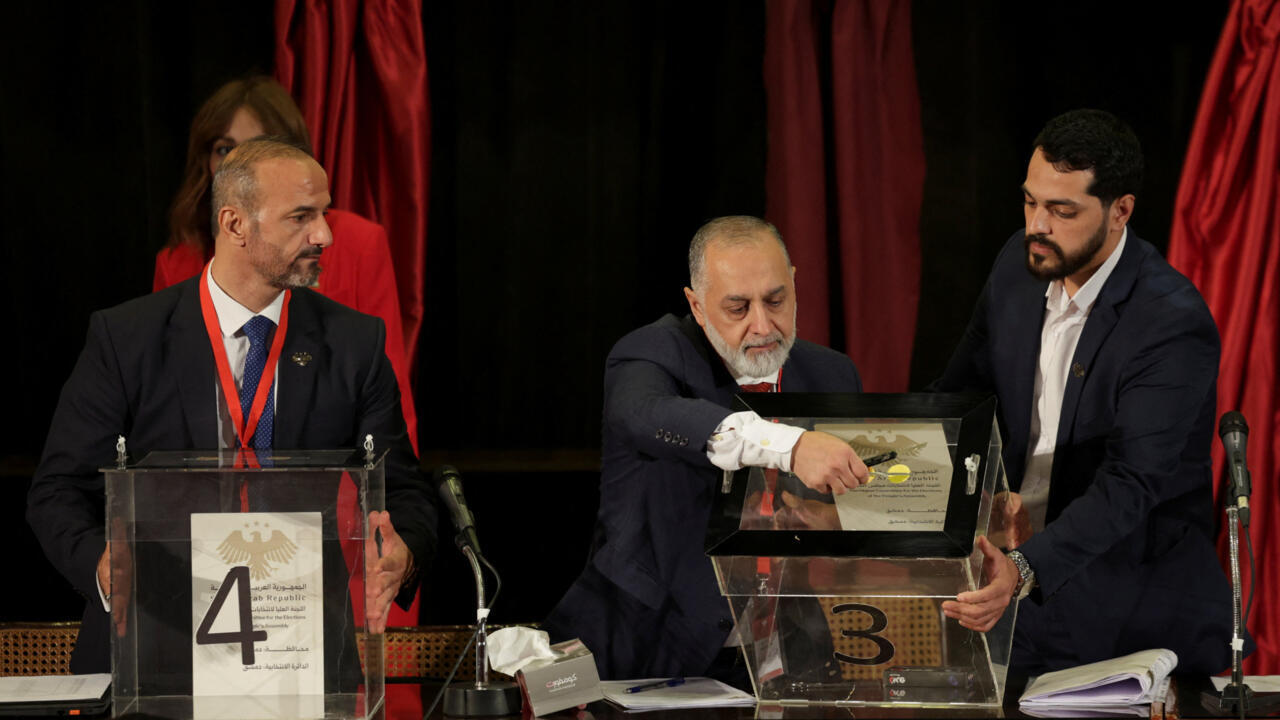
Russian President Vladimir Putin (Image: Getty)
Vladimir Putin's boast of a successful test for Russia's nuclear-powered Poseidon torpedo has been dismissed as a lie by independent analysts, a desperate propaganda ploy to obscure grinding battlefield failures in Ukraine. The Poseidon, codenamed Status-6, is a nuclear-armed underwater drone promoted by the Kremlin since its 2018 unveiling—conceived post-2014 Crimea annexation as a counter to NATO—as capable of evading defences to deliver a 100-megaton warhead, unleashing radioactive tsunamis on coastal targets, though plagued by secrecy, a fatal 2019 Losharik submersible explosion killing 14 sailors, and doubts over propulsion flaws and detectability.
As Russia's Ukraine invasion enters its fourth year, with over 1.1 million estimated Russian casualties per Western tallies and a patchy autumn offensive yielding limited gains in areas like Myrnohrad, recent claims of a successful Poseidon test on October 29 serve as propaganda to rally domestic support and deter the West. The claim emerged in a state address on October 29, where Putin described Poseidon as an unmatched strategic asset.
Russian TV propagandists claim Putin could use Poseidon underwater missile to destroy Britain
Putin said: "The Poseidon nuclear-powered super torpedo is capable of devastating coastal regions by triggering vast radioactive ocean swells." First revealed in 2018 amid Russia's parade of "superweapons," Poseidon has drawn persistent doubt from experts over issues like erratic propulsion and exposure to cutting-edge sonar, per NATO evaluations.
However, Yuriy Boyechko, CEO and founder of the humanitarian aid organisation, Hope For Ukraine, told Express.co.uk: "Over the past week, President Vladimir Putin attempted to project an image of military and technological supremacy by promoting two major, yet largely debunked claims: the successful test of the 'unstoppable' Poseidon nuclear-powered torpedo and the complete encirclement of thousands of Ukrainian forces in key eastern cities like Pokrovsk. Independent analysts, Western governments, and Ukrainian officials have strongly disputed both claims."
Mr Boyechko said: "The Poseidon announcement is widely viewed as a propaganda flex aimed at global deterrence and domestic reassurance following new Western sanctions, while military analysis confirms that despite heavy fighting and dangerous infiltration, key Ukrainian supply lines at Pokrovsk remain intact, directly contradicting Moscow's claims of a successful envelopment."

State Duma Speaker Vyacheslav Volodin (Image: Getty)
In Pokrovsk, a crucial Donetsk logistics nexus, Russian forces claimed on 30 October to have ensnared 5,500 Ukrainian soldiers, targeting elite brigades. Contradicting reports, however, satellite data and Ukrainian dispatches reveal no closure; supplies surged through alternate southern corridors last week, thwarting advances. Ukrainian President Volodymyr Zelensky said: "The situation in Pokrovsk is difficult, 170,000 Russian troops amassed in this area.”
Russia has repeatedly deployed the 9M729 ground-launched cruise missile—known as Iskander K—against Ukraine, including 23 launches in August 2025 and a 750-mile (1,200-kilometre) strike on October 5, confirming its range exceeds the limits of the 1987 INF Treaty that it helped prompt US President Donald Trump to abandon in 2019.
Ukrainian Foreign Minister Andrii Sybiha condemned the attacks, stating they demonstrate "Putin's disrespect to the United States and President Trump's diplomatic efforts to end Russia's war against Ukraine."This sabre-rattling fits a Kremlin pattern of amplified threats.
State Duma Speaker Vyacheslav Volodin, Putin's ideological enforcer, echoed the hype on October 31, imploring the West to "beg on its knees" to spare Poseidon or Burevestnik deployments.

US President Donald Trump (Image: Getty)
Volodin said: "The West must be ready to approach Russian President and Supreme Commander-in-Chief Vladimir Putin with humility, so that Moscow does not use its weapons." His barbs extended to draconian bills yanking pensions from "foreign agents" labelled as traitors and dire warnings to Latvia over Russian expulsions, evoking Nazi-era perils.
In Washington, US President Donald Trump adopted a dealmaker's edge during an October 27 interview, rebuking Putin for flaunting missiles instead of pursuing peace. Mr Trump said: "Putin should end the Ukraine war, not test missiles.”
After an impromptu October 16 hotline chat with Putin probing settlement ideas, Mr Trump floated halting at existing lines. He resisted enthusiastic backing for Tomahawk transfers to Kyiv, despite Defense Department approvals.
Mr Boyechko dissected the strategy as layered deceit, warning: "The timing of these grand, yet unverified pronouncements, suggests that the Kremlin is escalating its use of psychological and information warfare to mask the costly realities of the grinding war and preempt international political pressure.
"Putin's dramatic offer of a brief 'micro-ceasefire' for journalists to visit the supposedly surrounded Pokrovsk was quickly dismissed as a thinly veiled media stunt intended to legitimise a battlefield fiction."
Expanding on Moscow's tactics, Mr Boyechko said: "This consistent pattern of blending sensational, unconfirmed technological marvels with exaggerated combat victories signals a continued reliance on disinformation to justify the war's mounting costs to the Russian public and to falsely portray an inevitable Russian victory to the world.”
Against a toll of nearly 1.1 million casualties by Western counts and sanctions throttling energy exports, he cautioned that the gambit might erode internal loyalty.
With Mr Trump's November 7 dialogue looming alongside Hungary's Viktor Orbán, the atomic flexing strains alliances. Nr Boyechko's insisted: "It's not supremacy—it's smoke and mirrors."

 3 days ago
3
3 days ago
3










 English (US) ·
English (US) ·